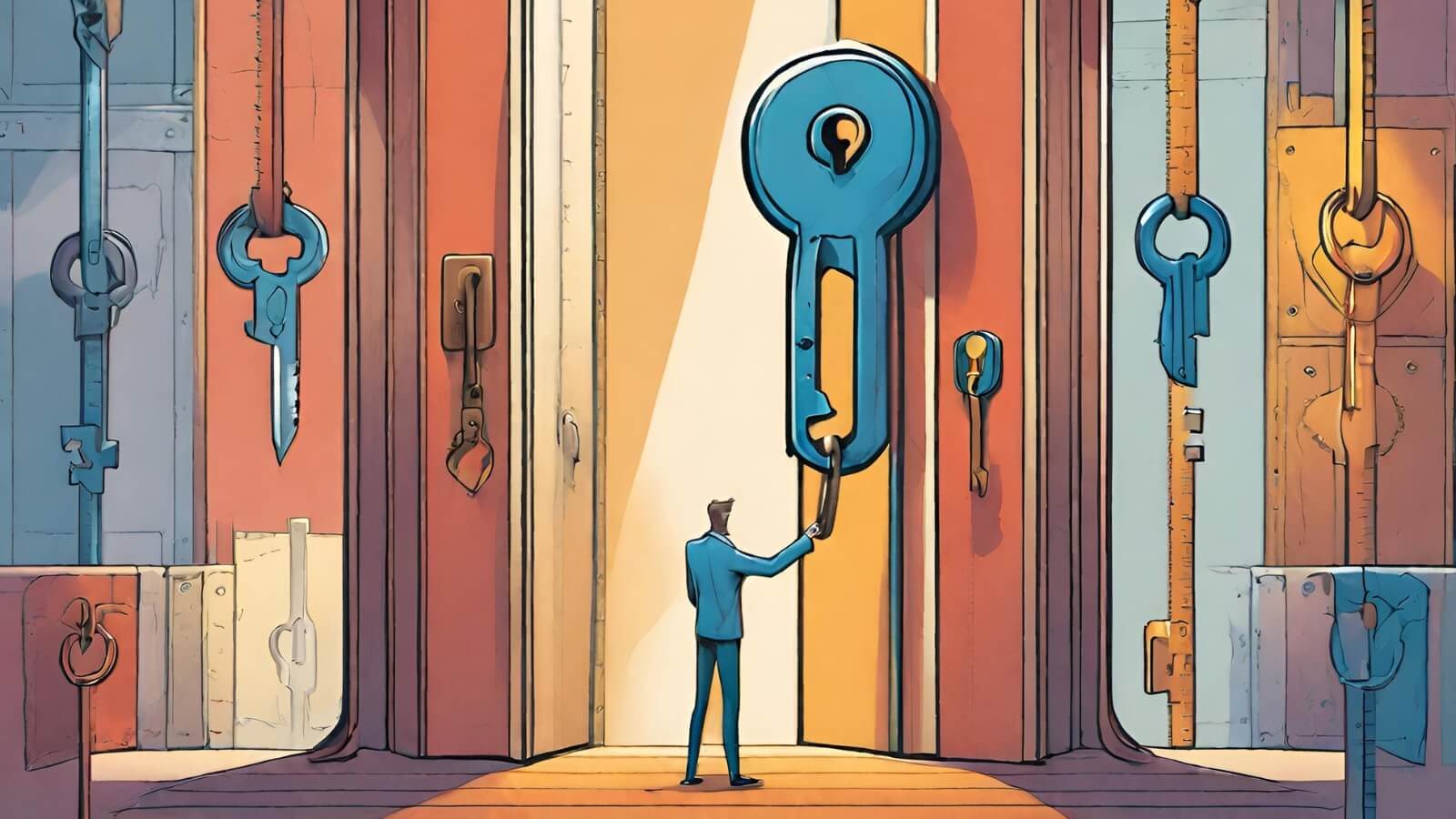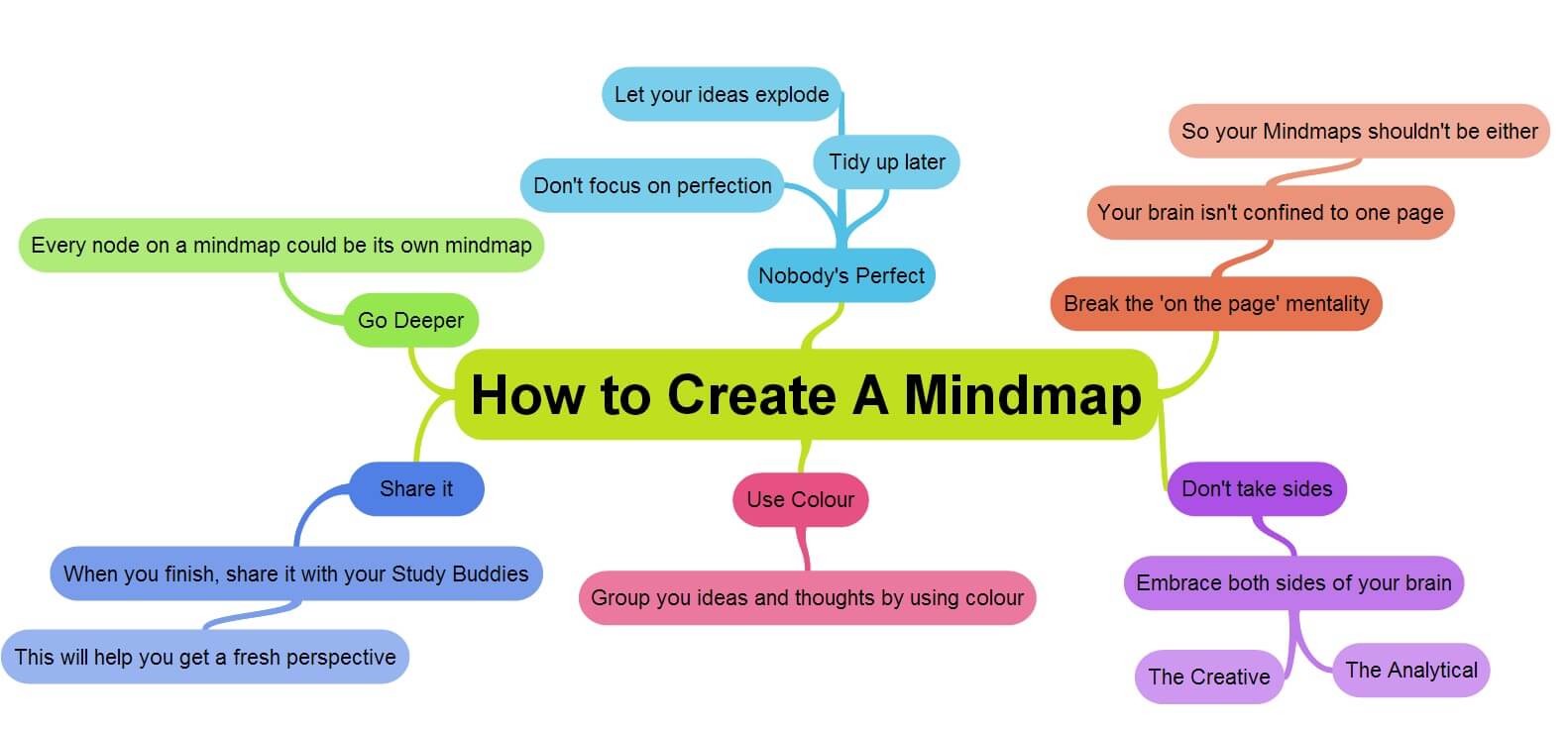In your career, one thing is for sure that you will make quite a few decisions. Good decisions will bear fruit for some time and the bad ones will haunt you for a longer time, a really bad decision can even cut short your career.?Nothing tests your leadership skills more than your ability to make decisions and getting better at it is an art that needs to be honed.
Success is an eventual accumulation of big and small decisions that are implemented in time.?Making a sound decision?is not easy;?however following these simple yet effective guidelines can definitely move your skill northwards.
Understand The Situation In Detail
People put great trust in their intuition,?the past 50 years of decision-making research challenge’s that trust. The widely recommended approach is to use data to analyze the situation in detail, don’t forget to ascertain the credibility of the data points, as your decision will rest on them. Thereafter,?figure out why this decision needs to be taken, what is the need and whom all the decision if taken can impact. Remember the acid test of leadership is to?make?the best decision possible, even if you get stuck with an incomplete data set.
Know Your Blind Spot
We all have our opinions, beliefs and notions engraved into our psyche. These affect our unconscious state and play on the logic we use for making decisions. For instance, some of us are averse to taking suggestions, while others have a problem with authority figures. Yet others tend to think themselves unworthy in the aspects that really matter ? such as succeeding. These hard-wired traits can affect the quality of important decisions, and the key lies in not allowing these blind spots to affect our objective decision-making. Knowing these potential potholes and identifying when they are sabotaging our thinking helps improve our decision-making quality.
Beware of Biases
There are ten established errors in thinking that human beings are invariably subject to; they are known as cognitive disorders. Over-generalization of a situation is one of the most common of these. One tends to see one negative event as the start of a never-ending cycle of defeat, or one discounts a positive factor so heavily that it may as well not exist. The other common error in thinking is to focus on things we cannot control and waste our time on them, rather than concentrating on the things we CAN change.
Reflect And Retrospect
History is a great teacher. Do an objective analysis of the decisions you have taken in the past, and what percentage of those was correct. Break down the decisions you have taken into various common buckets, based on the situations that prompted them ? stress, fear, joy, anger, ambition, challenge, etc. And examine the success ratio for each. Most of us make good decisions in at least some situations. Figure out what these situations are and understand what helps you make more rational, stronger or at the least less destructive decisions when you confront them. This exercise will automatically highlight your weak areas and help you take precaution in the future.
Simulate The Results Of Your Decisions
Play out the possible consequences of your decision in your head to see how they would unfold in real life. Test out a number of decision options with different outcomes hypothetically, use a pen paper to list the pros and cons of each decision?and assign a number to it?.You may discover that the first decision may not be the most optimum one and your brain refines decisions only in the second or third attempt.
At times it may be a good idea to sleep on a decision one has taken, or is about to take, and get back to it later, allowing the brain additional time to process all the variables for an optimal decision.
Take Help From Others
Sometimes, colleagues, managers or even family members and friends can help us in making a sound decision. In the case of an important decision its best to create a group or task-force and present them your choice along with supporting data, thereafter solicit group?s input and let them critique your choice with a free mind. This is an excellent way of improving your decision’s quality in the light of feedback.
These simple yet highly effective steps will help you to take better decisions in your life; eventually success in career boils down to just one thing – making sound decisions on time.
From your experience, what are the other things that help in making better decisions??Please share your views in the comments.
Jappreet?Sethi
You can follow me on twitter?@TopHRBlog?or visit my website -?Humanresourcesblog.in?for other?career resources and tips. If you liked this post, please share it and click the FOLLOW button on homepage to get more!










